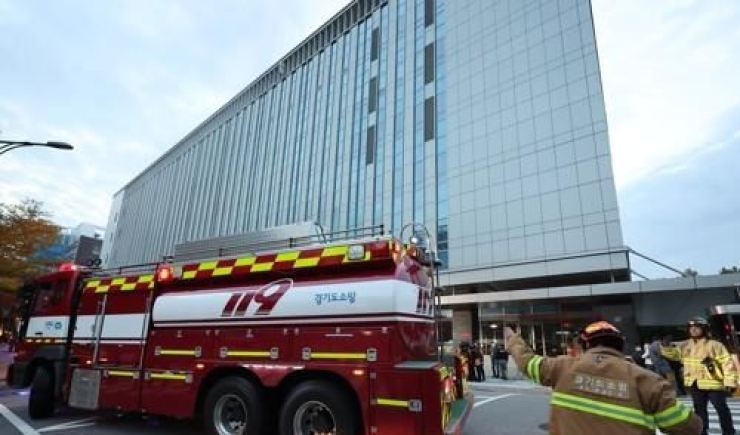Korea’s Ministry of Science and ICT designated a total of 15 platform service providers and data center operators subject to the country’s strengthened management obligations against disasters. The measures are being enforced as a follow-up to the Kakao outage caused by the Pangyo data center fire last October.
Seven out of 15 are large platform providers that include Naver, Kakao, Samsung Electronics, Google, Meta, Netflix Korea, and Amazon Web Services. They’re now obligated to establish a decentralized system of their core services and establish a real-time monitoring system for systematic failures.
Eight companies that manage data centers and are now subject to the stricter mandate include KT Cloud, LG Uplus, SK Broadband, Samsung SDS, LG CNS, SK C&C, Naver Cloud, and Microsoft Korea.
As for data center operators, the mandate calls for the reinforcement of early detection systems for battery fires and backup power generation systems when the main electricity sources are cut off. They also have to operate auxiliary systems for detecting lithium battery leakage.
All of the 15 companies must reinforce safety measures of their facilities by taking into consideration facility designs that could withstand natural disasters such as seismic activity. Also, they must utilize rooftop and underground spaces to prepare for damages brought on by storms and floods.
The move comes as the Financial Supervisory Service held Kakao Pay responsible for failing to provide adequate backup systems, leading to massive disruptions of Kakao services for several hours. This included bank transactions, online and offline payment systems, and overseas payment services that resulted in the Korean tech giant paying 27.5 billion won (US$ 21.2 million) as compensation damages for business partners and users.


